By BrittAnnie Spuhler

Imagine you are driving a trolley and you see five workers on the tracks ahead. You try to stop but the brakes aren’t working. If you continue straight you will kill all five workers. Then, you notice a sidetrack to the right with only one worker on it. Do you continue straight and kill all five workers or turn right and kill only one? Most people might say to go right and take only one life rather than five.
Now, imagine you are standing on a bridge. You look down and see a trolley, unable to stop, heading straight toward five workers on the track. You notice next to you is a very fat man leaning over the edge to get a better look too. If you push him off of the edge of the bridge and onto the tracks, you will stop the trolley from killing the five workers, but at the cost of the fat man’s life. Do you kill him? Is it still ethical to take one man’s life over five?
This is just one of the many hypothetical questions that are discussed daily in Jeff Bernstein’s “Ethics” class. The class is based around what YOU would do, and why. “This is not a typical history class where you’re looking at the past and there’s a set of facts,” Jeff points out, “this is the kind of class where you have to constantly ask yourself, ‘Hmm, what do I think about this and why’, and it’s the ‘why’ that’s really important.”
Currently, the class is watching an online Harvard course, taught by Michael Sandel, that raises a lot of abstract philosophical questions. In each section they talk about real-life situations, and as the class progresses they will start applying the philosophies they discuss to real current events and political decisions.
The class has become quite popular. Some students who are not in the class will ask Jeff if they can sit in and participate. Students often chat with their friends about the hypothetical situations, philosophies, and moral standpoints, bringing class discussion outside of the classroom.
This exciting class is not new to Village. Jeff has taught Ethics three times. Jeff regards it to be a very thought provoking class for both the students and himself, and it’s a class he can enjoy teaching each time.
“One of the things that fascinates me about this class is, every time I teach it, I find that I begin to look at things a little differently and ask myself different questions.” said Jeff.
It’s very rare to have a high school class where your participation counts more than tests, and homework assignments are for you to write your own opinions. Being a class based around debate on topics that generally have no right or wrong answer, you might wonder how class discussion doesn’t turn into real arguments.
“So far, there has been less arguing then I’ve experienced in the past,” Jeff said as he recalled the first time he had ever taught Ethics. There was a situation where two students were having a debate in class and one student ran outside, grabbed a handful of dirt, and then threw it at the other student. “People can get emotional when we talk about specific situations.”
Although debating can be a big factor of the class, most of the students can agree that it is their favorite part of Ethics.
“We debate, we argue, we interrupt each other, we fight. It’s fun,” said senior, Laura Li.
Another student, Henry Merritt (senior), said his favorite part was getting to voice his opinion and getting to hear his classmates’ voice theirs. “You get everyone’s point of view of how they perceive the different situations, and sometimes you completely disagree with the person. But then, you understand and relate because they say why they have that opinion and the moral principles behind it. It really makes you think.”
Even though the class is mostly students arguing their opinions, that isn’t the point of Ethics class. According to Jeff, the primary goal of the class is for students to become more reflective about how they make decisions and evaluate situations. “It’s about getting students to look at larger questions of morality and how to make decisions that people have to make in life, both at a personal level and a policy level because, after all, one of our jobs as teachers is to educate you to be a good citizen in this democracy. When you graduate and become a voter, you’re going to constantly be asked to evaluate political decisions, policies, and candidates. And, hopefully, you’ll develop a way to think about these things.”
Eleventh grade student, Christopher Helms, said he has already seen a change in how he processes situations, “I was wrong about how much knowledge I would gain from the class. I learned a lot more than I anticipated I would.”
When it comes to opinions, everyone has their own, and in this class, everyone is willing to share. There are no right or wrong opinions when it comes to Ethics class. It’s just a matter of getting people to think beyond their initial reactions and, most importantly, begin to understand other peoples’ point of views regardless of whether or not you agree.

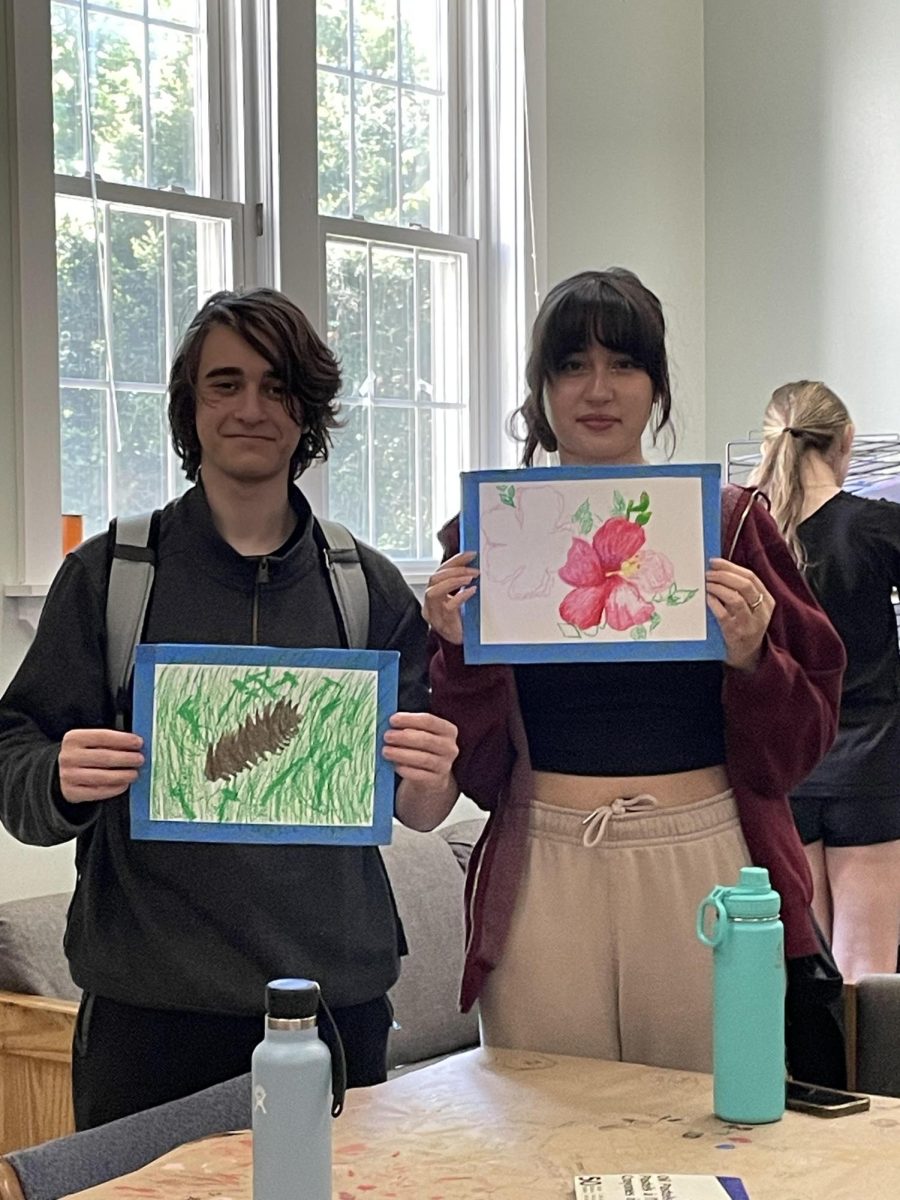

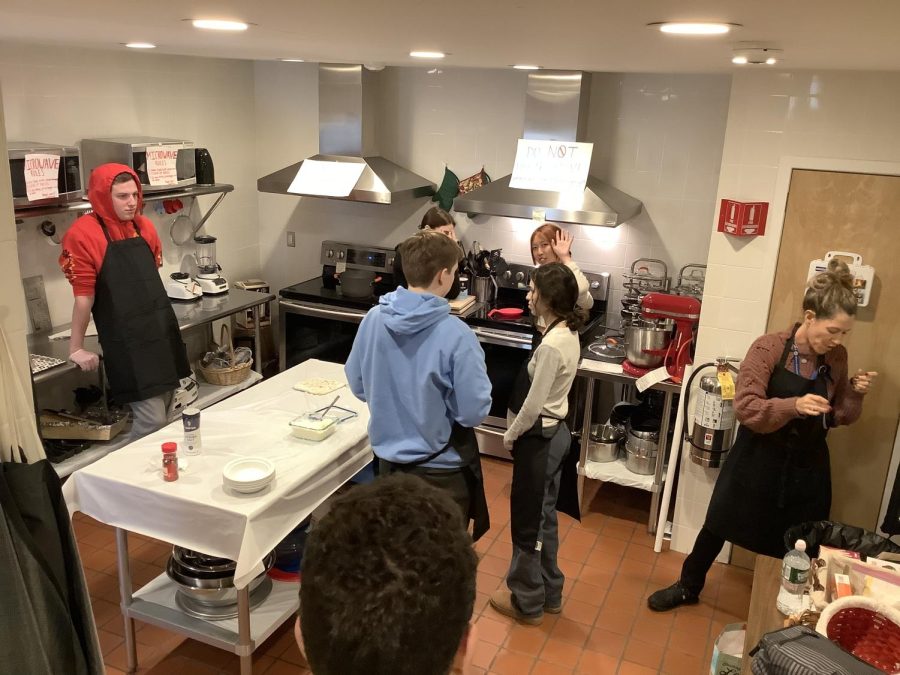


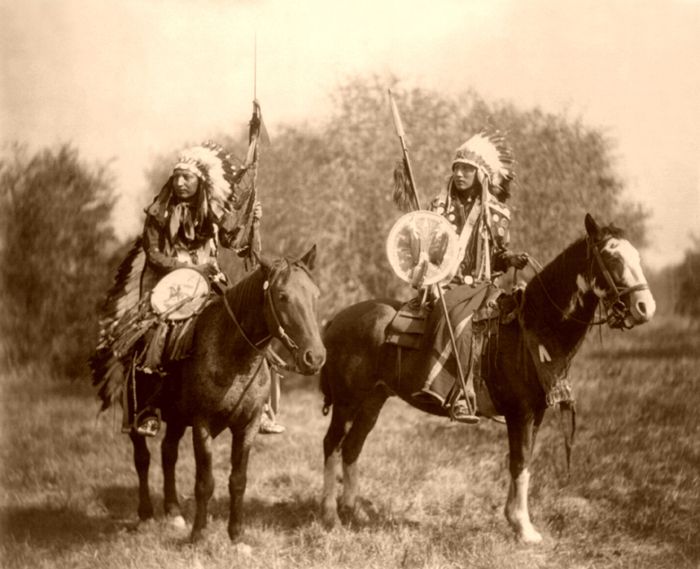
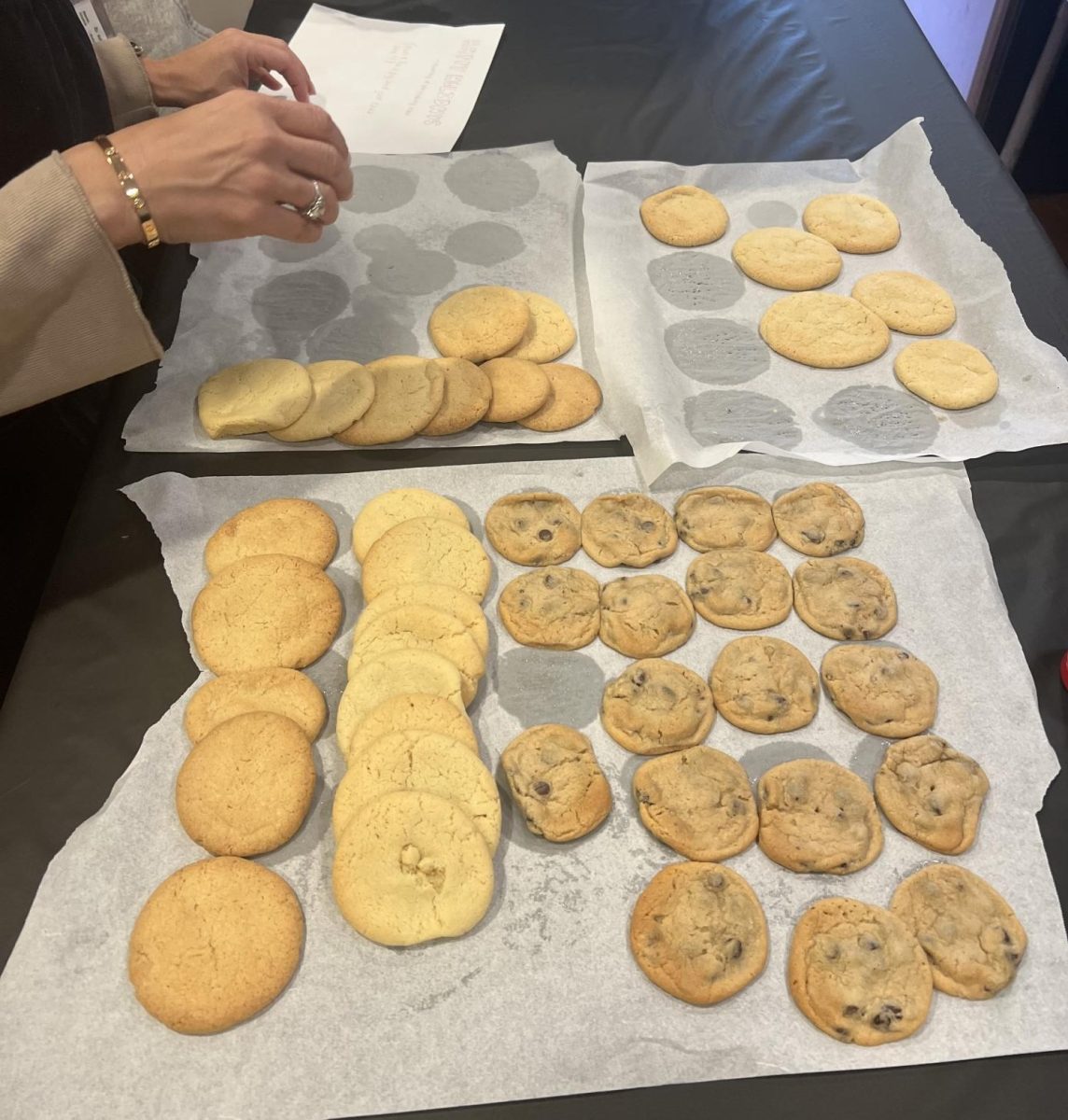




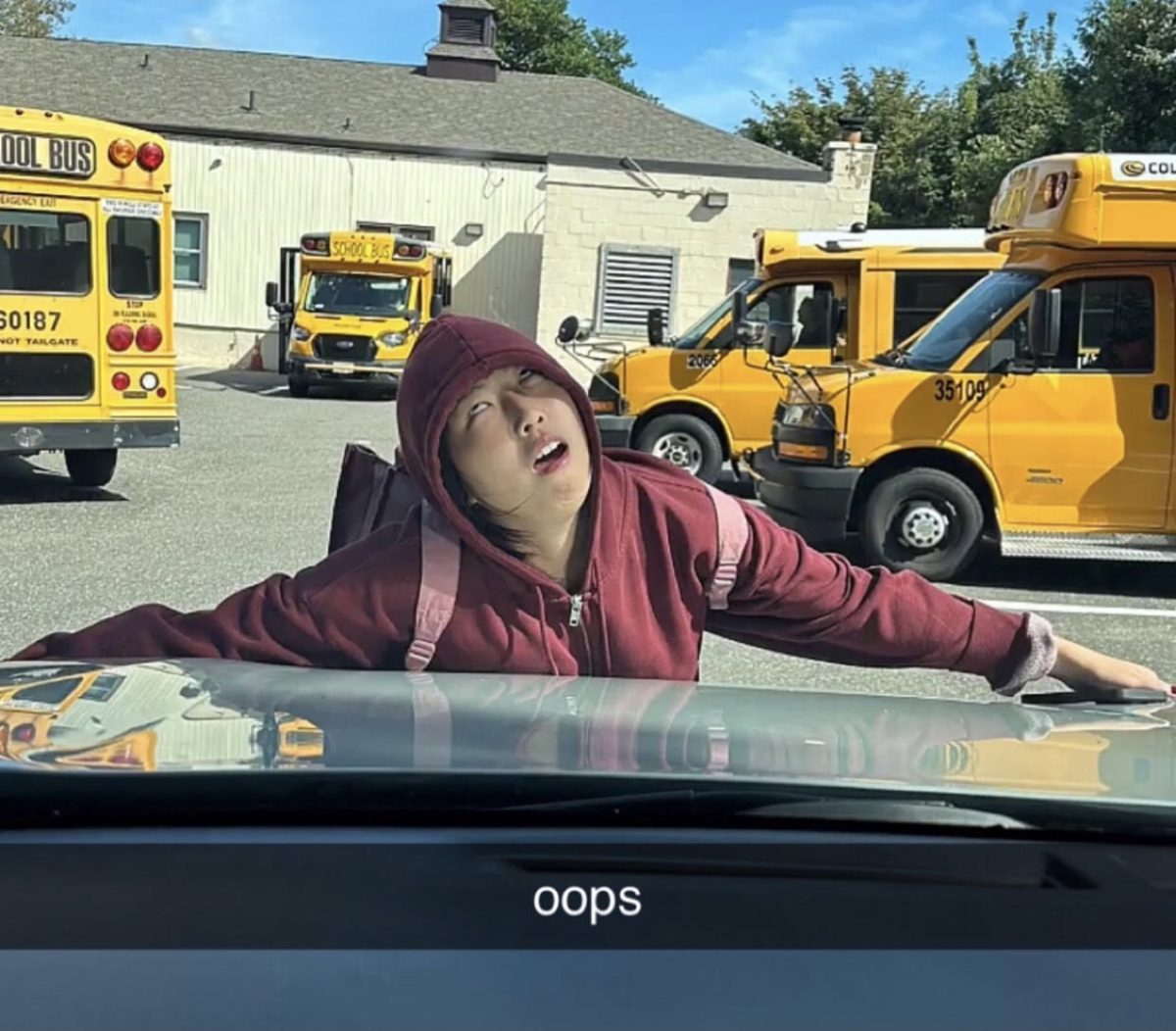
lgeng0705 • Mar 7, 2013 at 7:39 pm
This is the most talked about class! Well done, Jeff and all of the students in the class.
Phoebe • Mar 7, 2013 at 7:20 pm
I wish I was in the ethics class after reading this!